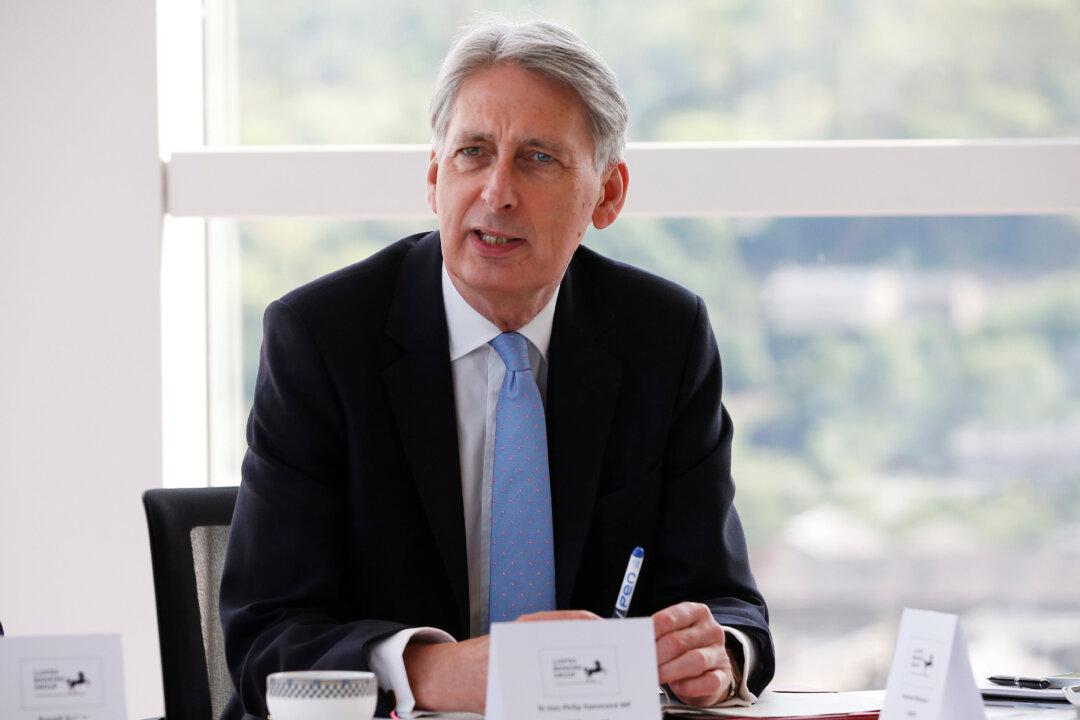BEIJING—Britain must get to the bottom of the leak of confidential discussions during a top-level security meeting about the role of China’s Huawei Technologies in 5G network supply chains, British finance minister Philip Hammond said on April 26.
News that Britain’s National Security Council, attended by senior ministers and spy chiefs, had agreed on Tuesday to bar Huawei from all core parts of the country’s 5G network and restrict its access to non-core elements was leaked to a national newspaper.





